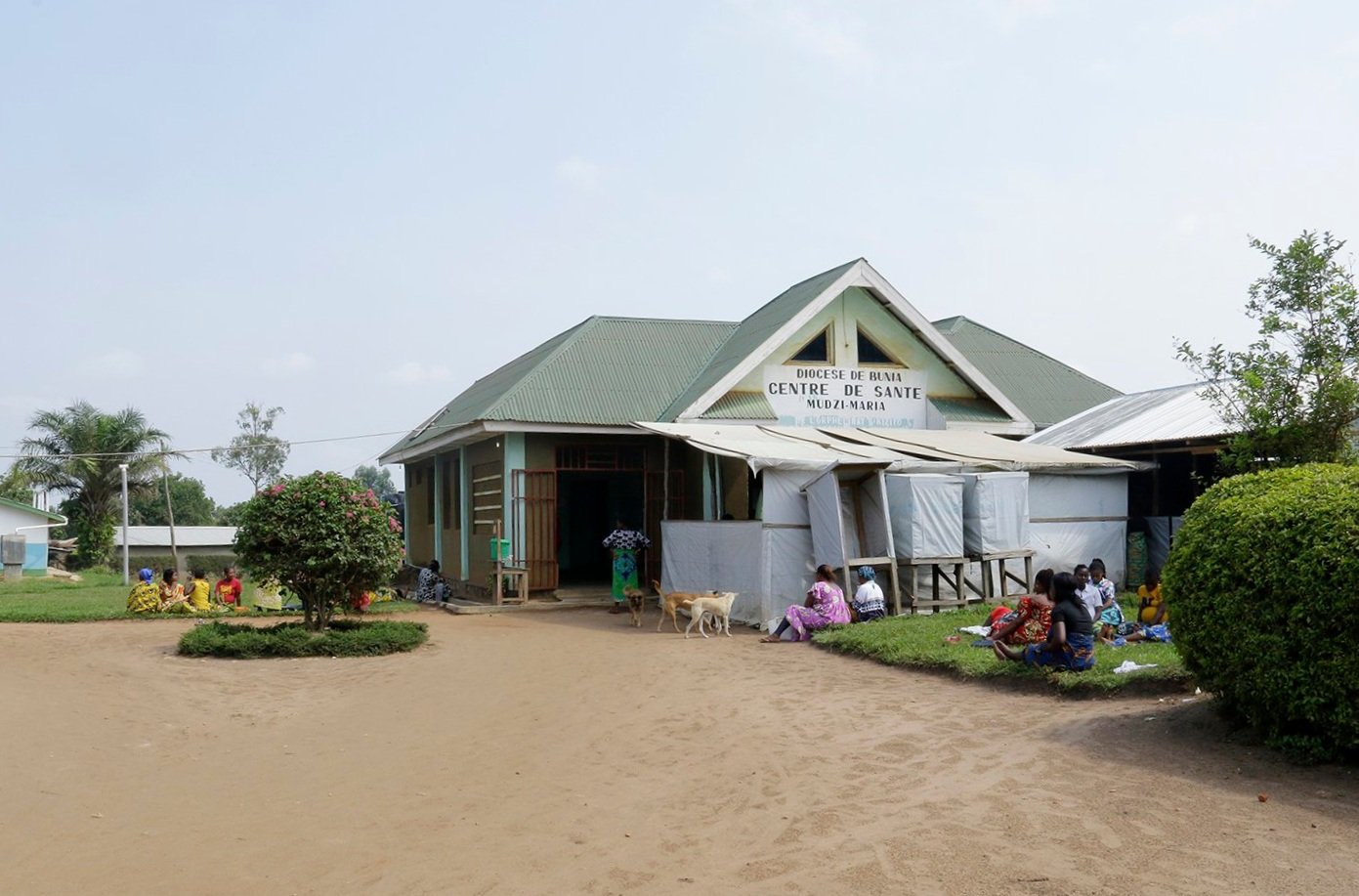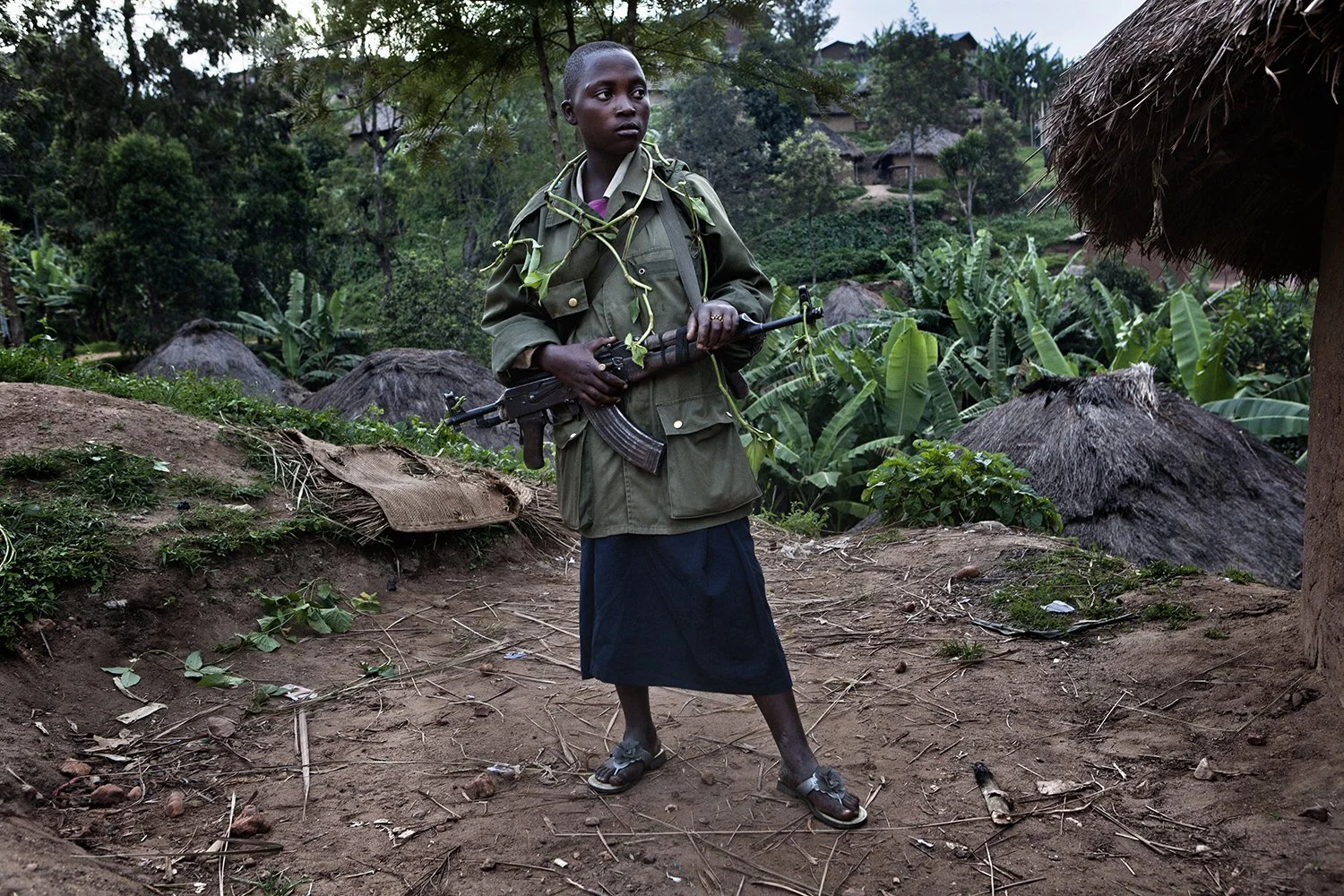
“I support CKI because after living in Bunia, DRC, I know that this community does everything to try a protect their children from conflict, but sadly conflict does not discriminate and often children bare the brunt of this violence - creating a safe and nurturing environment for children in the wake of instability and conflict is no small challenge, but the wonderful and loving staff at St. Kizito orphanage, school and clinic use every resource at their disposal to care for the children who have nowhere else to grow and ensure that they have a community they can count on.”
HOW WE STARTED
CKI was started by a group of international journalists and their Congolese colleagues to support children impacted by the continuous conflict in Eastern Congo.
In the midst of brutal fighting in 2003, the CKI team met the nuns running St. Kizito Orphanage and immediately formed a support network that has helped hundreds of children survive through ongoing instability.
2002-2003
Bunia was ripped apart in 2002-2003
Situated near Lake Albert, Bunia was ripped apart in 2002-2003 when rival ethnic militias began battling over nearby gold mines and trade routes to Uganda. The conflict was a bloody sideshow of Congo's larger war that began in 1996 and sucked in seven different African armies at its peak.
April 2003
A peace agreement in April 2003
did little to quell the violence in the restive eastern regions. Weeks after the treaty, militia consisting of hundreds of child soldiers invaded Bunia and murdered over 500 civilians in their homes and on the streets. Families were destroyed and torn apart. Parents and relatives went missing, never to be seen again. Dozens of children soon emerged from the bush in need of care and with nowhere to go, physically and emotionally damaged.
2005
By 2005, the conflict had killed millions of Congolese
mostly from starvation, sickness, and disease when gunfire forced them to flee their homes. Today, despite relative peace across most of Congo and the heavy presence of United Nations peacekeepers, armed groups continue to operate in the hills outside of Bunia. Militia leader Cobra Matata keeps a cadre of child soldiers south of town. Further north, the Lord's Resistance Army murders and kidnaps at will. These groups occasionally battle UN and government troops, and each time, the cycle repeats itself: parents die, families unravel, and children are left alone.
The children at St. Kizito were all orphaned as a result of war, both directly and indirectly. While some parents were killed in militia raids, most died from the widespread lack of quality health care, food, and clean drinking water. Mothers succumbed to malaria, TB, or died during childbirth, while fathers were nowhere to be found. Some children are the result of rape -- a common weapon in Congo's long war -- and were abandoned at birth. Others lost mothers and fathers to HIV/AIDS; several children now live with the virus themselves.

